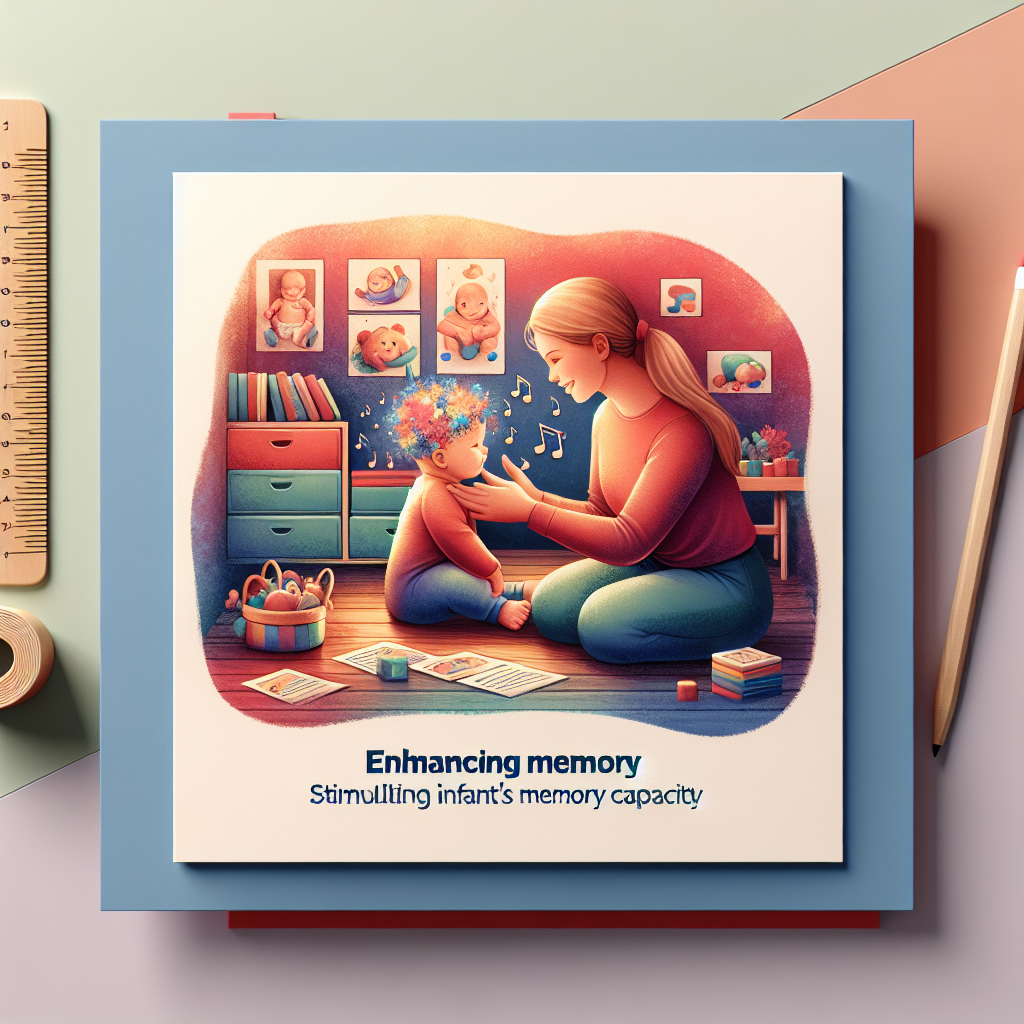Improving Memory: How to Boost Your Baby's Memory
Raising a child involves a number of unique challenges and moments, and understanding their memory development is essential. This article aims to provide parents with a complete guide on the essential stages in the development of the child's memory and methods to stimulate it.
Introduction to Memory Development in Babies
Human memory is a complex faculty that begins to develop from the first days of life. Babies learn and form their memories by exploring the world around them. They recognize voices, faces and even begin to imitate the gestures of adults. In this section, we will take a look at the basic processes of memory and key moments in its development in newborns.
Memory Development in Stages
Memory development in children happens gradually, passing through several key stages. During the first years of life, memorization is largely non-verbal, gradually evolving into a complex function involving both short-term and long-term memory. Let's see how it develops and what role each stage plays in the child's development.
Motor and Memory Development
The coordination of movements and the development of fine motor skills are closely related to the development of memory. Repeated exercises, such as grasping objects or walking, not only improve dexterity, but also contribute to the formation of long-term memories. It is important to provide activities that stimulate both motor skills and memory.
Language development
A child's vocabulary grows along with his ability to retain information. Through songs, rhymes and word games, babies can enrich their ability to memorize sounds and their meaning. Language is a powerful tool in memory development, and constant interaction can speed up this process.
Sensory Memory
Babies experience and memorize the world primarily through their senses. Textures, smells, sounds and sights are all crucial parts of the learning process. Sensory toys and activities that involve different senses can help enormously in developing sensory memory.
Technologies and Applications
In the digital age, there are many apps and games designed to boost cognitive functions, including memory. However, it is essential to balance screen time with physical activity and human interaction for balanced development.
Strategies to Improve Memory
In this section, we'll explore different tactics and activities that can be incorporated into your daily routine to support and improve your baby's memory. Strategies can range from simple memory exercises to complex educational games.
Nutrition and its Impact on Memory
A balanced diet is vital for brain development and its functions, including memory. Foods rich in omega-3, antioxidants and other nutrients play an active role in supporting cognitive processes. Tips for choosing the right foods will be discussed in detail.
Establishing a Daily Routine
Daily routine can provide a safe environment for babies and help them develop memory skills. A consistent schedule with dedicated times for play, learning, and rest can create an environment in which memory can develop healthily.
The Role of Play in Memory Development
The game is not only a source of amusement, but also an essential tool in cognitive development. Memory games, puzzles and activities that require recognition of shapes and colors are especially beneficial for stimulating visual memory and attention.
Communication and Social Interaction
Interaction with others is a key component in memory development. Discussions, stories and role plays are great ways to encourage your child to retain information and reproduce it later.
Examples of Exercises and Games
A selection of practical exercises and fun games that can help babies develop their memory will be presented. The ideas encourage active participation and are suitable for different age groups.
Conclusion
Enhancing and stimulating your baby's memory not only improves their long-term cognitive abilities, but also contributes to a closer relationship between baby and parent. Through the many strategies and activities presented, parents can ensure the healthy development of their child's memory. We hope you find this information helpful and encourage you to continue exploring and expanding your knowledge on this fantastic journey of parenting.














































































































































